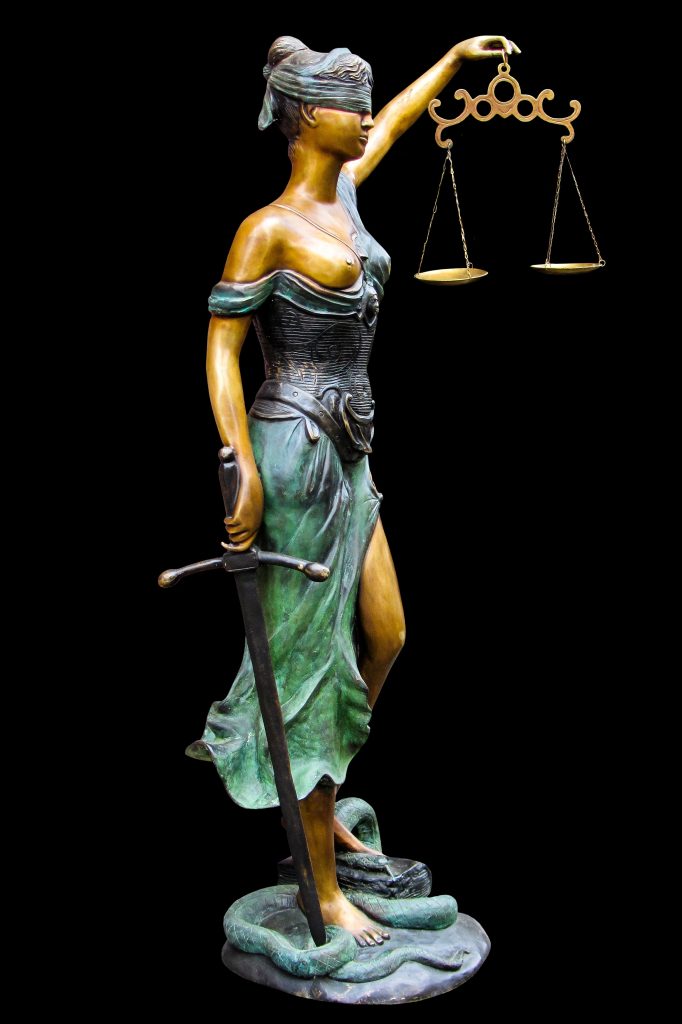 The jury process is considered the great equalizer when it comes to the everyday man fighting large corporations. Juries in Louisiana are made up of twelve people tasked with evaluating the evidence and legal arguments of the parties. While juries do, their best mistakes can be made and corrected by the Judge overseeing the case. So what happens if a jury leaves out critical items of a damage award? Can a Judge increase a jury’s award of damages? The following lawsuit out of Lake Charles helps answer this question.
The jury process is considered the great equalizer when it comes to the everyday man fighting large corporations. Juries in Louisiana are made up of twelve people tasked with evaluating the evidence and legal arguments of the parties. While juries do, their best mistakes can be made and corrected by the Judge overseeing the case. So what happens if a jury leaves out critical items of a damage award? Can a Judge increase a jury’s award of damages? The following lawsuit out of Lake Charles helps answer this question.
Dwight Minton was a passenger in a car when he was hit by another vehicle. As a result, he filed a lawsuit against Christopher Gutierrez, the driver of the other vehicle, and GEICO Casualty Company, among others. In addition, Minton sought damages for the injuries sustained in the accident.
The jury returned a verdict in favor of Minton, awarding damages of fifty-eight thousand five hundred dollars. Believing this award was too low, Minton filed a motion for judgment notwithstanding the verdict (JNOV), asking the trial Judge to increase the award. The Judge granted this motion and awarded damages over five hundred thousand dollars.
This increase in damages caused Gutierrez to file an appeal alleging the trial Judge used the wrong legal standard when granting the JNOV. A JNOV is properly granted when the court believes the evidence is so overwhelmingly in favor of one party the jury could not possibly arrive at a different verdict. La. C.C.P. art. 1811. The court looked at the jury’s allocations of awards. They awarded twenty thousand dollars in past medical expenses even though Minton incurred over one hundred thousand in medical costs. He was awarded for his past pain, suffering, and mental anguish but not for past loss of enjoyment of life and past disability. The jury believed Minton suffered injuries as a result of the accident. The court found the jury inconsistently applied awards. Because of those reasons, the appeals court ruled the trial court was correct in granting the JNOV.
Because the trial court did not make an error by granting the JNOV, the appeals court reviewed the trial court’s awards under the abuse of discretion standard. As is the standard for recovering medical expenses, Minton provided medical testimony to show his injuries resulted from the June accident. The appeals court ruled the award was thus not an abuse of discretion.
As for damages for loss of enjoyment of life, Minton testified he could not engage in several activities due to the accident. The appeals court reduced the damages the trial court awarded from one hundred thousand to seventy-five thousand because of the pre-existing conditions Minton already had. The trial court’s seventy-five thousand dollar award for his disability was also reduced to fifty thousand dollars. The awards for past and future pain and suffering by the trial court were also reduced by twenty-five thousand dollars because of Minton’s prior conditions. Finally, for loss of consortium, the court held the trial court did not abuse its discretion, based on testimony from Minton’s wife, who stated her husband no longer engaged with her and his family as he used to.
This case demonstrates that a Judge can increase a jury award if the award is inconsistent with the evidence presented at trial. This is why presenting an overwhelming and compelling case at trial is essential. An experienced lawyer will ensure your jury award is increased if it fails to compensate you for the losses you presented at trial.
Additional Sources: DWIGHT MINTON, ET UX. versus GEICO CASUALTY COMPANY, ET AL.
Written by Berniard Law Firm Blog Writer: Gabriela Chilingarova
Other Berniard Law Firm Articles on Increase of Jury Awards: Damages Awarded by Jury “Shocked the Conscience,” Louisiana Appellate Court Increases Award by $18,500 Louisiana Jury Awards No Damages Because of Preexisting Injuries, Can an Appeals Court Fix the Ruling?
 Louisiana Personal Injury Lawyer Blog
Louisiana Personal Injury Lawyer Blog

